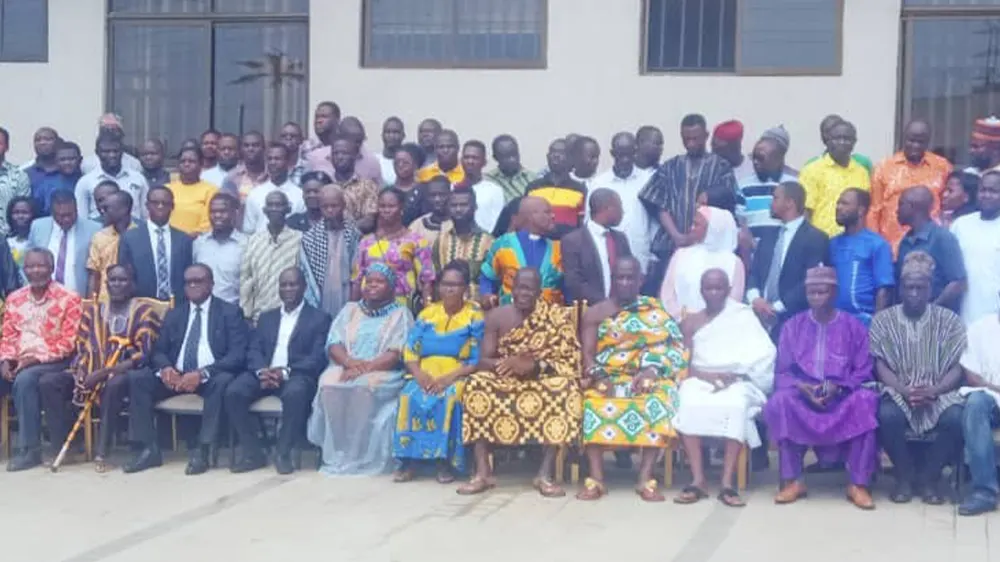A recent study conducted by a consortium of universities including Kwame Nkrumah University of Science and Technology (KNUST), the University for Development Studies (UDS), the University for Energy and Natural Resources (UENR), and the University of Copenhagen has shed light on the detrimental impact of farmer-herder conflicts on poverty levels in the Afram Plain areas of Asante-Akim North and Sekyere Afram Plain Districts.
Dubbed the ‘Access Authority Nexus in Farmer-Herder Project', the study, which commenced in 2019, aimed to identify the root causes of conflicts between farmers and herders and propose recommendations for policy interventions to mitigate these conflicts.
The research involved the participation of two post-doctorate students, three PhD candidates, and 11 Master's students, with funding provided by the Danish International Development Agency (DANIDA).
Following the completion of the project, a science policy workshop was convened to disseminate the findings to stakeholders and facilitate discussions on strategies to reduce farmer-herder conflicts.
The workshop, attended by community leaders, traditional leaders, farmers, cattle owners, researchers, and representatives from local assemblies, as well as governmental bodies such as the Ministry of Food and Agriculture (MoFA) and the National Peace Council, provided a platform for dialogue and collaboration.
Professor Boateng Kyereh, the Project Coordinator, highlighted the alarming increase in poverty levels among farmers in the study areas, contrasting this with the relatively stable economic situation of herders who migrate seasonally. He emphasized the role of climate effects in driving migration patterns among herders.
One of the key findings of the study was the lack of dialogue mechanisms between farmers and herders, exacerbating long-standing tensions. Professor Kyereh stressed the importance of dialogue as a primary approach to resolving conflicts, noting progress in attitudes and behaviours since the project's inception.
Moreover, the study identified a lack of regulations governing the interactions between farmers and herders, leading to impunity and conflict escalation. In response, the project supported local assemblies in developing bye-laws to delineate the responsibilities of each party and regulate their conduct.
In a statement delivered by a representative, Mr. Bryan Acheampong, the Minister for Food and Agriculture, underscored the imperative of finding lasting solutions to farmer-herder conflicts, recognizing their impact on food security. He commended the project implementers for their efforts and reiterated the ministry's commitment to collaborating with stakeholders to address the underlying issues.
The participating universities and local assemblies reaffirmed their commitment to supporting efforts to resolve farmer-herder conflicts and promote sustainable development in the affected communities.









